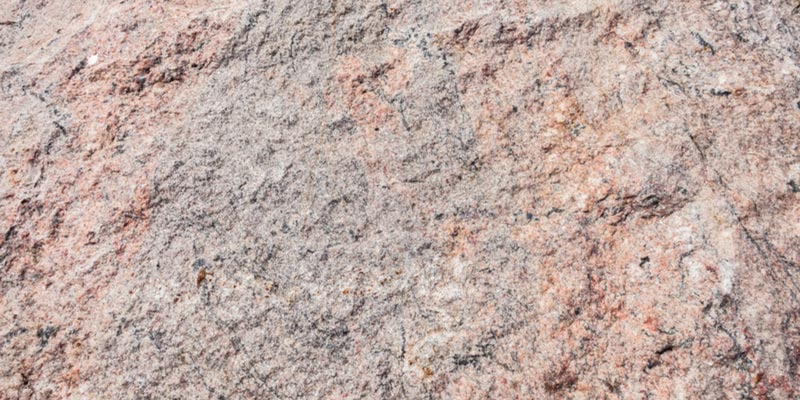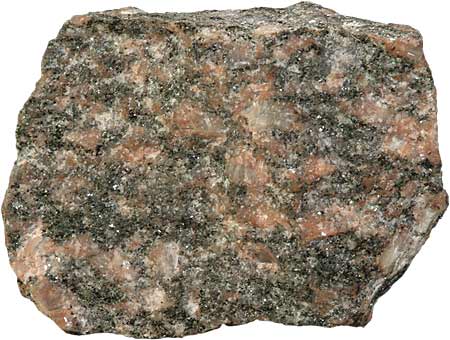The ultra thin mats simply stick on underneath the stone warming up the surface about twenty five degrees.
What does granite turn into under heat and pressure.
Heat and pressure d.
Compacting and cementing b.
Limestone is made up of many calcium carbonate shells or skeletons of sea creatures that have collected on the sea floor and have been compacted and cemented together.
Sedimentary you answered correctly.
The weathering and erosion of granite can eventually lead to deposits of sand.
Well gneiss dosent turn into granite.
Granite will become gneiss.
Stick on heating mats for granite and stone countertops are becoming a popular luxury item for both existing and new countertop installations.
After thousands of years under pressure and heat they can turn into phyllite rock.
Nonfoliated rocks are formed the same way but they do not contain the minerals that tend to line up under pressure and thus do not have the layered appearance of foliated rocks.
If enough heat and pressure is applied 40000 to 60000 times atmospheric pressure and 900 to 1300 degrees celsius granite or any other allotrope of carbon can be turned into diamond.
The sand can accumulate and lithify into sandstone.
Granite turns into gneiss.
Melting you answered correctly.
Shale and granite are sedimentary rocks.
Granite will metamorphose under enough heat and pressure and may become gneiss which is characterized by a segregation of darker and lighter colored minerals into lineations.
After thousands of years under pressure and heat they can turn into phyllite rock.
When granite is subjected to enough heat and pressure it becomes a metamorphic rock called gneiss.
Sedimentary rocks like bituminous coal limestone and sandstone given enough heat and pressure can turn into nonfoliated metamorphic rocks like anthracite coal.
What metamorphic rock does granite turn into after heat and pressure.
What geologic process can change granite igneous rock into gneiss metamorphic rock.
Intense heat and pressure can also metamorphose granite into a banded rock known as granite gneiss this transformation is usually more of a structural change than a mineralogical transformation.
By heat or pressure sometimes both.




























